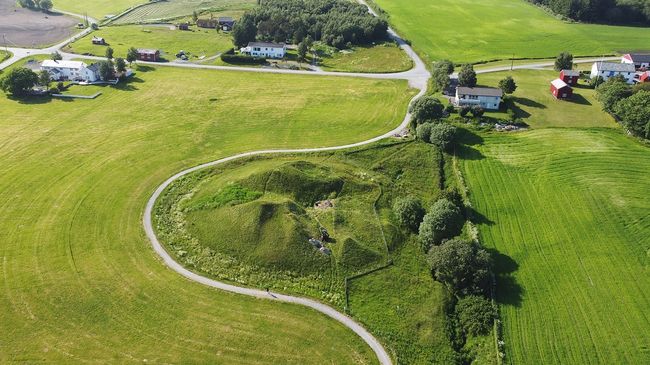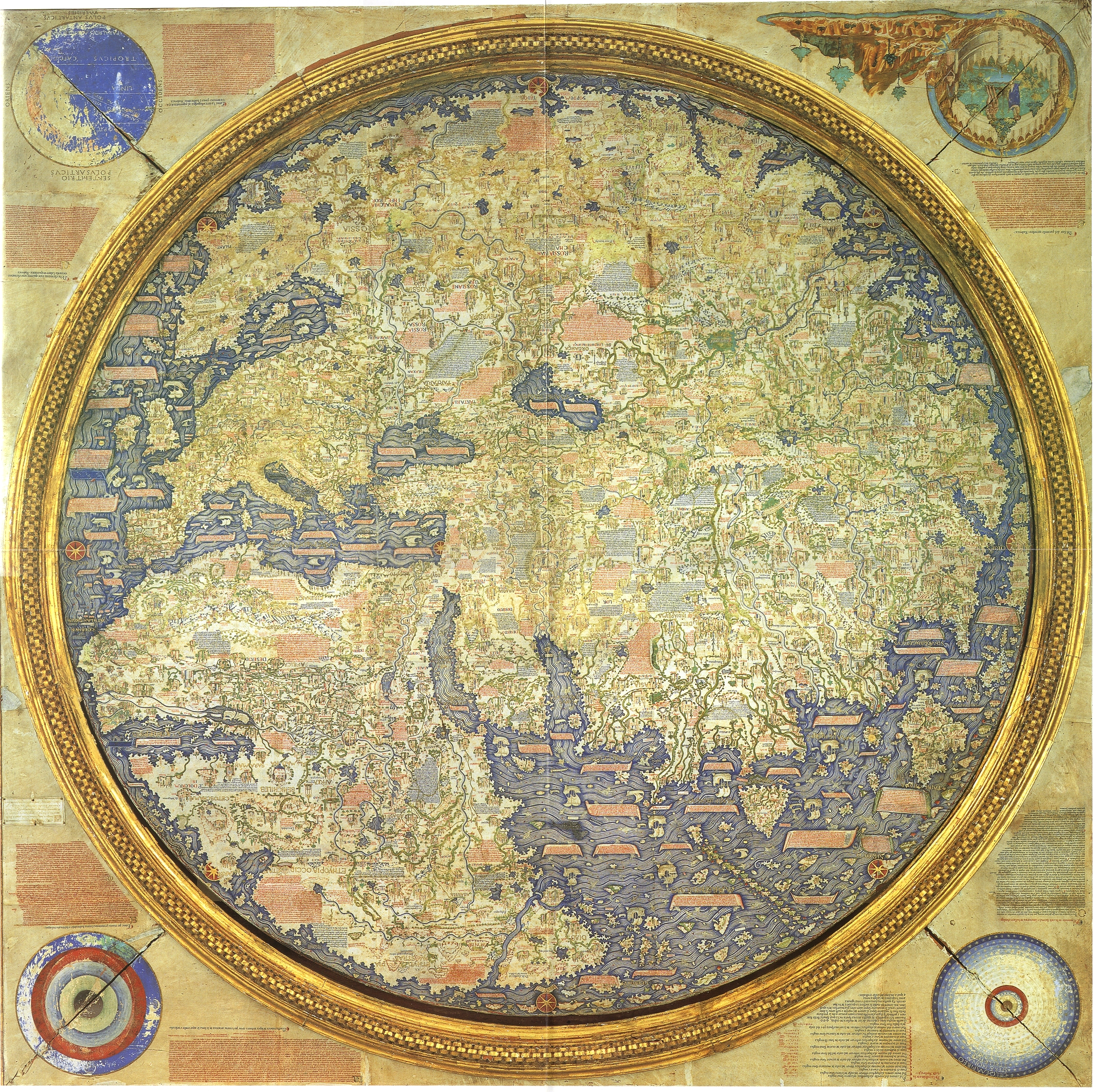So it has come to this … our last monthly collection of links for 2023. So let’s dive in.
Science, Technology, Natural World
Pace Dr Who, is time travel really possible? [LONG READ]
While we’re travelling, what does space smell like, why, and how do we know?

Here’s an old post from our favourite cosmologist, Dr Katie Mack … we should remember we’re not just stardust: we’re older than that!
Down on Earth, volcanoes have been in the news a lot recently and we often hear about supervolcanoes. But what really is a supervolcano?
Changing tack, here are some thoughts on randomness.
We all experience it, but why is it that time passes faster as we get older?
And now to the animal world … American painted lady butterflies, encouraged by climate warming, are now resident on Isles of Scilly.
Two new species of absolutely tiny pygmy squid have been named after Japanese forest fairies.

What happens in a crow’s brain when it uses tools – and how on earth can we find out?
As it’s Christmastide, who knows what frankincense is?
Health, Medicine
We hear a lot about the immune system, but how does it work?
We really shouldn’t be surprised that mRNA vaccines (like some of the Covid vaccines) make unintended proteins – after all they’re designed to make proteins. Researchers have now found a way to prevent this.
Researchers are still delving into the intricacies of our gut microbiomes, and they’re working out why a diverse microbiome is especially good at protecting us against harmful bugs.

On the development of the smallpox vaccine, for which Jenner gets the credit although it is much older.
BBC News Presenter Naga Munchetty is asking women about their periods, in an attempt to get us talking and to unlock much better care for those with dysfunctional menstruation. [LONG READ]
Meanwhile American OB/GYN Dr Jen Gunter explains that the menstrual cycle is not a detox. [LONG READ]
Sexuality
Chastity belts anyone? … Emma Beddington takes a look at some truly awful contraceptives.
Environment
Once upon a time – like 4000 years ago – the East Anglian Fens were covered in yew trees.
History, Archaeology, Anthropology
The latest technologies, as well as archaeological finds, mean we are learning more and more about the Neanderthals.
Many researchers have been vilified for showing prehistoric Europeans as dark skinned – but it is genetically accurate.
There’s an ancient megacity in Iraq where archaeologists have discovered a temple linked with Hercules and Alexander the Great.
We all learnt Pythagoras’ Theorem at school, but like so many things he just gets the credit as it’s been found on a clay tablet 1000 years older.
Just as Herodotus claimed, the Ancient Scythians made leather from human skin.
Researchers using DNA analysis have worked out the origins of a mysterious 2000 year-old corpse buried in England.

A ship burial in Norway predates the Vikings and is the oldest known in that country.

550 years ago a Venetian monk, Fra Mauro, created a magnificent map of the world. Considering it predates Columbus, it is not only surprisingly accurate, but also contains tiny inscriptions explaining the evidence behind the design. [The map, above, has been inverted as Fra Mauro’s map has south at the top.] [££££]
Our favourite medievalist, Dr Eleanor Janega, points out that the title Doctor does actually mean someone with a PhD, and not any old medic.
There’s a lovely Tudor map of London (probably from the reign of Queen Mary Tudor) (below) which shows many details of contemporary life. And now a coloured version has been created. [LONG READ]

We all thought that plague died out in this country following the Plague of London in 1665. But no, there were pockets of plague, mostly in rural areas, into the early 20th century.
Food, Drink
We all know that the French regulate their language, but I didn’t know the Italians do the same for their cuisine … they’ve now updated the official recipe for Bolognese Sauce.
Lifestyle, Personal Development, Beliefs
Can we solve our addiction to consumerism? One family is trying to find out. [LONG READ]
Shock, Horror, Humour, Wow!
And finally, two amusements …
NASA astronauts have finally found a small tomato that was “lost in space” for 8 months.
There’s a whole taxonomy of the Occlupanida (bread bag closures), a genus in the complete Synthetic Taxonomy.

